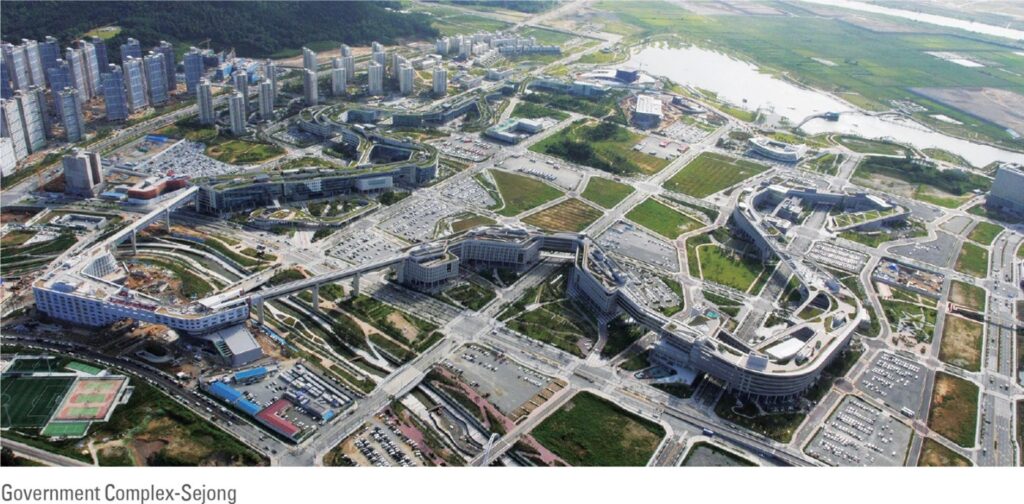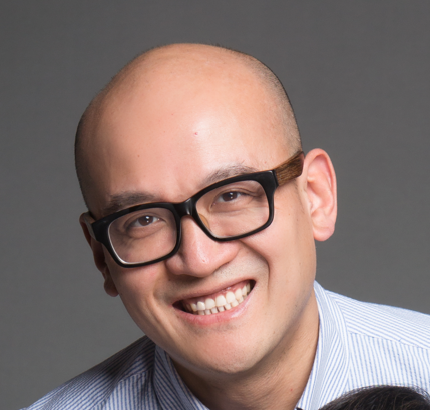Sejong: South Korea’s Future Green Capital

Sejong City, named after the celebrated fourth ruler of the Joseon Dynasty, Sejong the Great, is emerging as a model for modern urban planning and environmental sustainability in South Korea. Located 125 kilometers from Seoul, it was established in 2007 and became a “special self-governing city” by 2012. Its creation serves to reduce congestion in Seoul and promote regional balance and eco-friendly urbanism.
Strategically positioned for easy access to Seoul and other major cities, Sejong is attracting international high-tech firms and research institutions. Notably, over half of the city’s area is dedicated to green spaces, reflecting its ambition to be among the world’s greenest cities. The South Korean government emphasizes this commitment by prioritizing timber in construction projects.

Sejong’s Green Building Construction Plan aims to reduce greenhouse gas emissions in the building sector by 30% by 2020. It includes tasks like reorganizing green building standards, supporting green remodeling projects, and promoting zero-energy building construction. A notable example is the “Sejong City Lauren House,” a zero-energy housing complex completed in 2016, which became Korea’s first single-family home with level 2 zero energy building certification.



In 2021, Sejong City partnered with the Korea Institute of Civil Engineering and Building Technology and the Korea Electronics Information and Communications Industry Association to create an eco-friendly, energy self-reliant village. This initiative includes constructing an “Energy Experience House” equipped with high-performance materials and AI technology.
Moreover, Sejong City and the Multifunctional Administrative City Construction Agency are working on a Smart City Plan to be completed by 2029. This plan focuses on building an intelligent city that combines customized strategies and advanced technologies. The plan, following the Smart City Act, will establish smart infrastructure standards citywide.

A key milestone in Sejong’s ecological advancement was the signing of MOUs in Seoul, committing various government bodies to increase the use of wood in construction. This marks a significant shift in South Korea’s construction methods, with a focus on integrating timber in public facilities and promoting wood-based architecture. This initiative, symbolizing South Korea’s dedication to sustainable practices, positions Sejong as more than just an administrative center—it represents a commitment to a greener, more sustainable future.


